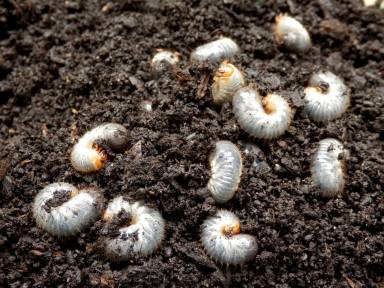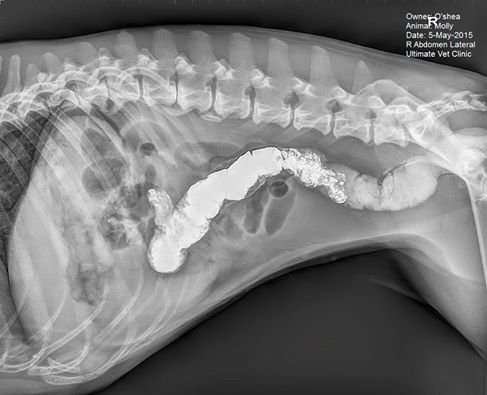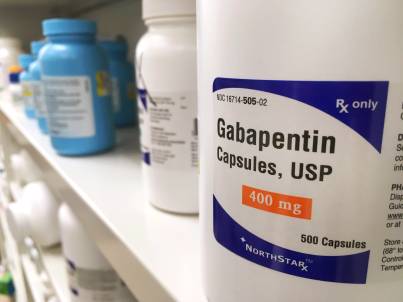Do you and your family enjoy jelly beans occasionally? They’re a popular snack—so you’re not alone if you love these little colorful beans! But are they safe for dogs?
Connect with a verified veterinarian in minutes. Licensed vets are available 24/7 to answer your questions. No need to worry about your furry family member.
Are Jelly Beans Safe for Dogs?
Generally speaking, if you give your fur baby two or three jelly beans once in a while, your dog will be OK. However, these are not healthy treats for dogs, and they should not be fed to your canine companion on a regular basis.
One of the main reasons that dogs should not eat this sweet snack is because they contain high levels of sugar. Sugar can lead to obesity, tooth decay, and even diabetes. Plus, too much sugar can cause an upset stomach in dogs, which can lead to vomiting and diarrhea. That’s not fun for either of you, but especially for your dog.
Another ingredient in sugar-free jelly beans is xylitol. This is extremely toxic to dogs, even in small amounts. It can cause low blood pressure, liver failure, vomiting, lethargy, seizures, and more.
Some types of jelly beans even include caffeine. You’ll find this most often in “sporting” jelly beans, which are specifically created to give a boost of energy. Caffeine is toxic for dogs, and can cause increased heart rate, hyperactivity, and more.
In addition to these ingredients, jelly beans also include other substances that are not healthy for dogs. These include artificial additives, pectin, fruits and vegetables that are toxic to dogs.
So, you can see that jelly beans simply aren’t a good treat to give your dog. While two to three jelly beans once in a great while may be OK, on a regular basis they can lead to very serious health conditions in dogs.
My Dog Ate Jelly Beans—What Should I Do?
The first thing is to pick up any remaining jelly beans, along with the packaging. Check to see (if possible) about how many jelly beans your dog’s eaten. Also be sure to check the bag to see if your dog ate any of the packaging.
Next, check the ingredients in the jelly beans. Look to see if they contained xylitol. If your dog has eaten a large amount of jelly beans that are made with xylitol, then call the vet immediately. This could be a medical emergency.
Then check your dog for any symptoms or changes in behavior.
And call the vet even if the jelly beans were made with sugar, as this can still make your dog very sick.
Treatment will depend on how many jelly beans your dog has eaten, if they contain xylitol (or not), and if your dog has also eaten some of the packaging. The key here is to see out the advice of your vet as soon as possible after your dog has eaten jelly beans. Most dogs should go on to a full recovery after treatment.
Connect with a verified veterinarian in minutes. Licensed vets are available 24/7 to answer your questions. No need to worry about your furry family member.

Julie
Julie is a graduate of the University of North Carolina, Wilmington, where she studied Animal science. Though contrary to the opinion of her parents she was meant to study pharmacy, but she was in love with animals especially cats. Julie currently works in an animal research institute (NGO) in California and loves spending quality time with her little cat. She has the passion for making research about animals, how they survive, their way of life among others and publishes it. Julie is also happily married with two kids.
Review symptoms, medications & behavior to keep your pets healthy with a Vet Online in just minutes.
Ask a Vet Live Now




